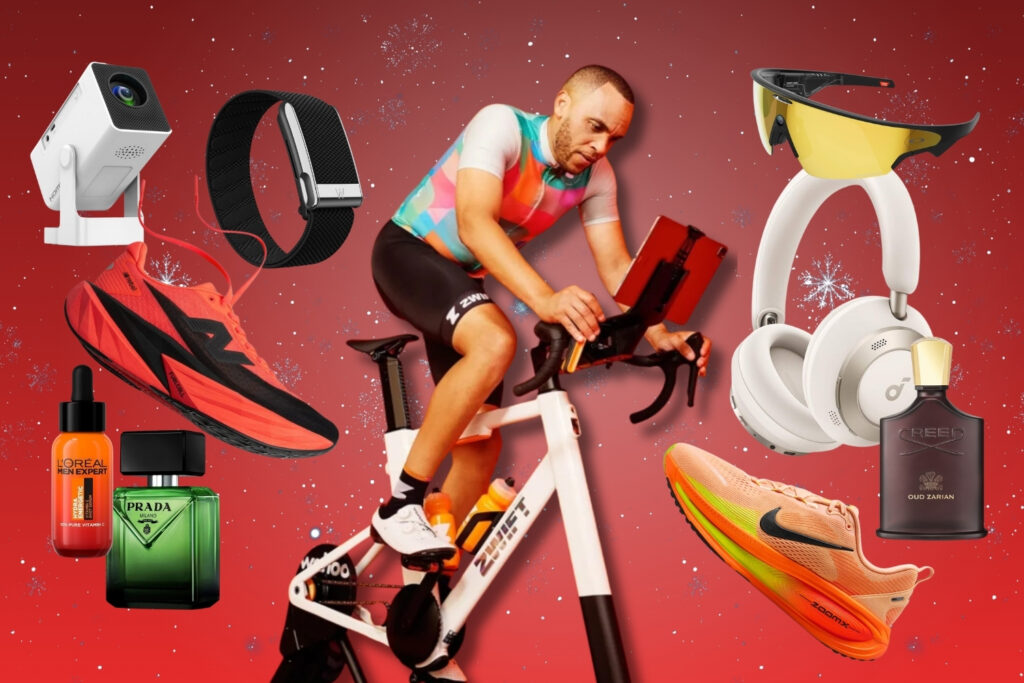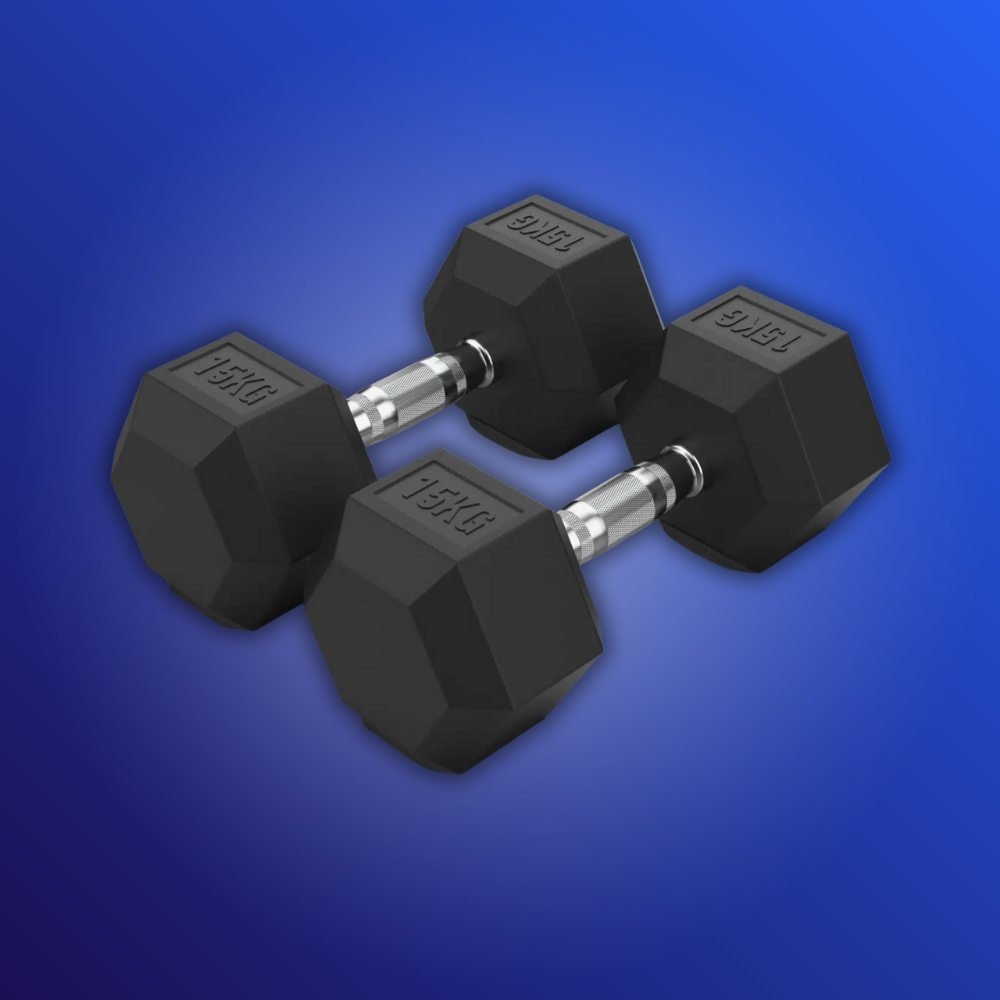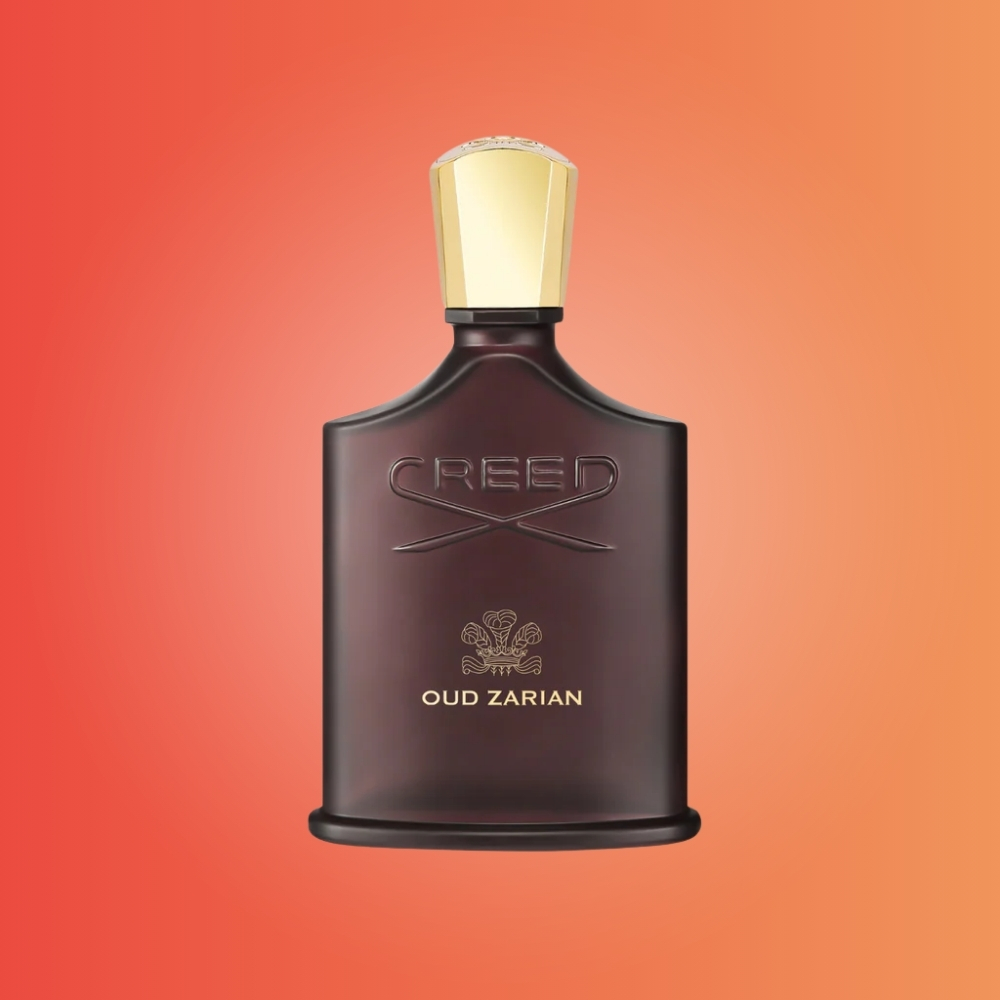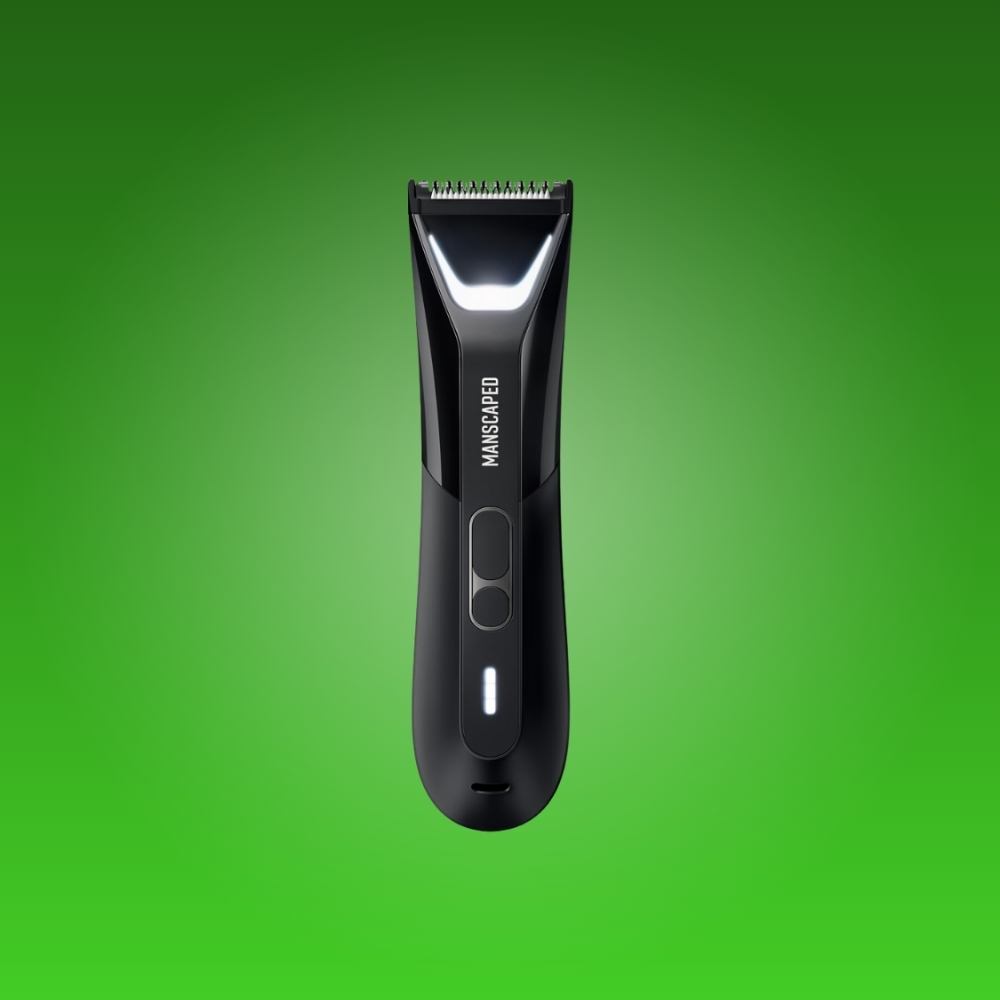You’ve probably heard your fair share of warnings over the past year.
“Barbecuing leads to cancer.”
“Eating a single charred chicken wing is like smoking an entire carton of cigarettes!”
“STEAM ALL YOUR BURGERS UNLESS YOU WANT TO LEAVE YOUR CHILDREN FATHERLESS AND HOPELESS AND FOREVER DESTITUTE!”
While it’s true that recent research shows a link between eating barbecued foods and an increased risk of prostate and pancreatic cancers, some of the responses to that research might be overblown.
Yes, cooking food at high temperatures may create potentially carcinogenic compounds, dubbed “heterocyclic amines” (HCAs) and “polycyclic aromatic hydrocarbons” (PAHs). These nasty chemicals have been shown to cause cancers in animal studies, but large-scale intervention studies on humans are nearly impossible to conduct.
Plus, asking a man to stop barbecuing is like asking James Bond to put down the cocktails.
So what’s a health-conscious, cancer-fearing, barbecue-loving man to do?
Tip #1: turn down the firepower.
“Most of the links between cancer and barbecuing specifically surround meat, and more accurately meat that is charred or cooked to a high temperature,” says Dr Phillip Gray, assistant professor of radiation oncology at Harvard Medical School.
Basically, if you’re incinerating your burgers, chicken breasts, salmon fillets or any other barbecue-able food until they don’t look all that different than a charcoal briquette, you may be putting yourself at risk.
“I’m a barbecue junkie,” Gray says. “Whenever possible, I grill over indirect heat. Low and slow is the way to go and allows natural flavour development without all the char.”
So if you’re a well-done man on your burgers and steaks, try to go medium-rare.
For reasons dealing with foodborne illness, the US Department of Agriculture recommends cooking all minced beef to an internal temperature of 71°C and red meat to 63°C. “But those rules are purposely conservative,” Gray says. Buying good-quality meat and using proper handling practices can help cut your risk of getting sick from dinner.
Tip #2: marinate.
Disease-fighting antioxidant polyphenols in marinades may cut the supposedly carcinogenic deposits found in barbecued foods by up to 88 per cent, according to the Food Science Institute in Kansas.
That effect could occur because certain herbs and spices, such as rosemary, turmeric and fresh garlic may block HCAs from forming.
Tip #3: eat your vegetables.
“Barbecuing fruits and vegies don’t really create PAHs and HCAs,” says Brian St. Pierre, director of performance nutrition at Precision Nutrition.
Plus, fresh produce actually helps prevent the absorption of PAHs and HCAs – and they help your liver rid your body of existing ones, St. Pierre says.
For great barbecued vegetables try asparagus, capsicum, zucchini, squash, eggplant, corn, green beans, carrots, onions, cos lettuce, radicchio and mushrooms.
For fruit, try pineapple, peaches, strawberries, plums, bananas, watermelon, nectarines and kiwi.
And, no, tomato sauce isn’t a vegetable.
Tip #4: stand upwind.
Standing near the barbecue for long periods of time may also increase your risk of health hazards.
A 2015 Chinese study published in Environmental Science & Technology found that people who were exposed to barbecue fumes for one hour a day had a higher cancer risk than those that weren’t.
The scientists found that the fumes infiltrated the study participants through inhalation, but also through their skin.
“I keep my barbecue three metres away from my outdoor dining table,” says Gray. “There’s not hard and fast rule though. Again, if you’re cooking smart there will be less smoke.”













